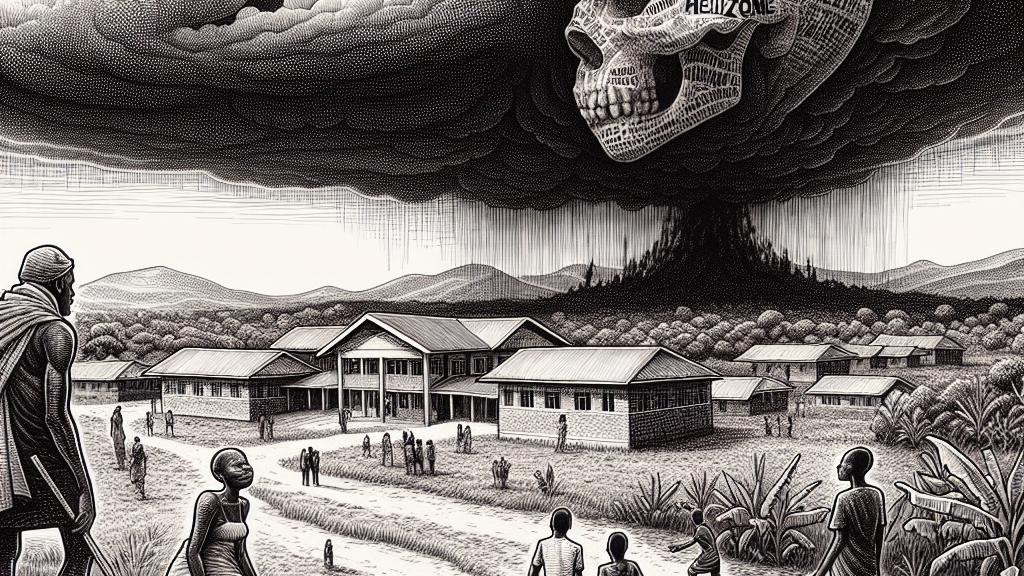Unknown Disease Claims Lives in DR Congo
Overview
- A shocking outbreak of an unknown flu-like disease has resulted in 79 deaths in the Democratic Republic of Congo, mainly affecting adolescents.
- Over 300 individuals are currently exhibiting alarming symptoms such as fever, persistent cough, and severe breathing difficulties.
- Health officials, with support from the WHO, are urgently investigating this outbreak while implementing measures to curb its spread.

The Outbreak in DR Congo
In the southwestern region of the Democratic Republic of Congo (DRC), a troubling health crisis has emerged as an unidentified flu-like disease wreaks havoc on local communities. With a heartbreaking toll of at least 79 lives lost, and nearly 300 additional cases reported, the majority of those affected are teenagers aged 15 to 18. These grim statistics unfold primarily in the Panzi health zone of Kwango Province, where the situation is marked by fear and uncertainty. Symptoms are varied but include severe fever, crushing headaches, persistent coughs, and troubling breathing difficulties, which have left many families in distress. Local health workers convey their mounting worries, drawing attention to the urgency of addressing this outbreak before it spirals further out of control.
Immediate Response and Community Engagement
In response to this alarming situation, the health ministry has acted swiftly, deploying specialized response teams to manage the outbreak and gather critical data through sample collection for laboratory analysis. Meanwhile, the World Health Organization (WHO) has also mobilized its resources, dispatching experienced personnel to the affected areas to assist with containment efforts. Community involvement is paramount during this crisis; thus, local leaders are advocating for heightened vigilance among residents. They emphasize the importance of hand hygiene, discouraging large gatherings, and stressing the necessity of handling deceased individuals only with qualified medical personnel present. Implementing these preventive measures is crucial, as the region is still reeling from a recent episode of mpox, which adds layers of complexity to the existing health challenges.
Challenges to Effective Containment
Nevertheless, containing this mysterious illness presents formidable challenges, primarily due to the rural and inaccessible nature of the Panzi area. The lack of adequate medical infrastructures affects the delivery of essential supplies, leaving healthcare workers and communities vulnerable. Local civil society leaders have raised urgent calls for greater support from international aid organizations, illustrating a community's desperate need for resources and assistance. The persistent health threats in DRC serve as a sobering reminder of the need for robust health systems and international collaboration. Moreover, this situation underscores the importance of investment in healthcare, particularly in regions fraught with instability and disease, where even a small outbreak can have catastrophic consequences. As the situation develops, it remains clear that a united global response is not only beneficial but essential.

Loading...